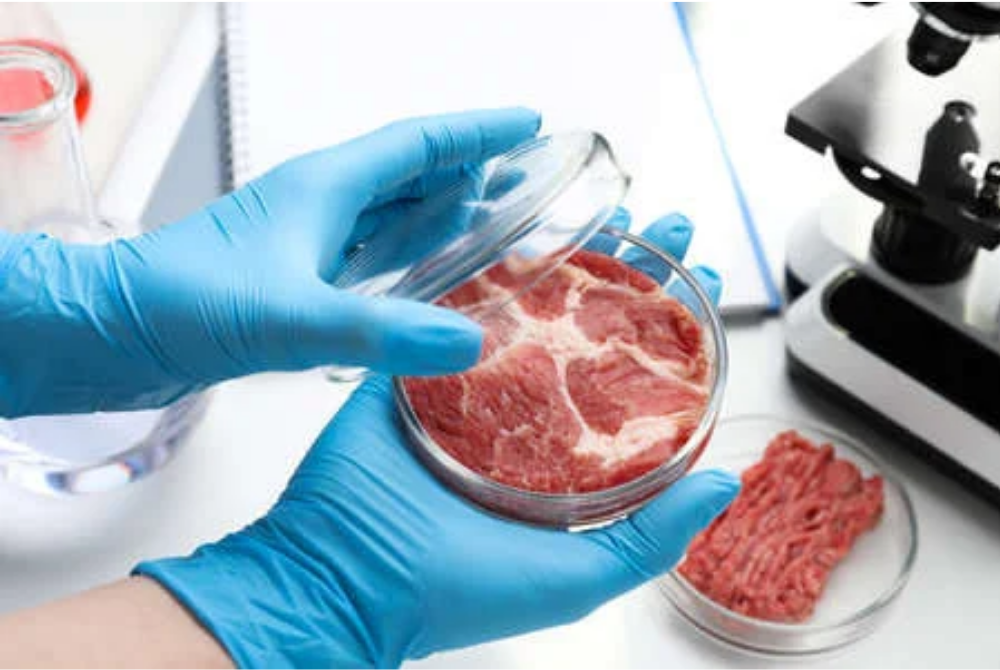Cultured meat to be the new food source after worldwide meat crisis

SHAH ALAM - The lack of corn-based material in animal feed manufacturing sector due to decline of corn production has led to an unexpected increase in chicken and meat prices not only in Malaysia but the world.
Universiti Putra Malaysia Cell and Molecular Biology Department’s Biotechnology and Biomolecular Science Professor Dr Nik Mohd Afizan Nik Abd Rahman said artificial meat will be a source of food in the future that drives the artificial meat industry more seriously.
He said with the debate on ethics involving the slaughter of animals and many environmental issues, Cultured Meat was a promising alternative to replace meat, or at least to supplement a protein diet for humans.
“Cultured meat production has become the latest trend. For example, the first factory for producing cultured meat was built by an Israeli startup, Future Meat in 2021.
“The plant has the capacity to produce 500kg of meat-based products every day, in addition to reducing greenhouse gas emissions by about 80 per cent, land use by 99 per cent and water use by 96 per cent,” he said in a media statement.
Nik Mohd Afizan said the latest technology also helps in reducing cost as much as 1000 times over the previous three years, in addition with many companies developing the technology and getting approval for the production and commercialisation of cultured meats including MosaMeat (Netherlands), SuperMeat (Israel), Avant Meat (China), Appleton Meats (Canada), Higher Steaks (UK), Integriculture Inc. (Japan), and Shiok Meat (Singapore).
He said cultured meat was seen to have great potential for replacing the conventional meat production chain as well as giving advantages and benefits to the economy, social and environmental.
“The government can make relevant policies and policies that are geared towards promoting the advantages of cultured meat to facilitate a positive entrepreneurial ecosystem for this innovation to grow safely and benefit the community,” he said.
Meanwhile, the halal status of cultured meat has become a concern since it involves the process of cell uptake from animals.
According to the Federal Territory Mufti website under the Irsyad Al-Fatwa series 595, it stated that the process of culturing the meat should be examined from several aspects.
“The source of production of cultured meat must be taken from animals that are halal to be eaten in accordance with the rules that have been set by Islamic law.
“Similarly, the tissue intake should not be from the feacal part of the animal such as blood and faeces.
“It must be ensured from the point of view of the safety of its use and if it can cause harm, then the law of eating the meat of the culture is prohibited,” it said.
The site also cited the use of Cultured Meat approved in Singapore, which is also the first country to approve and market it in the commercially under the company Eat Just.
Download Sinar Daily application.Click Here!















